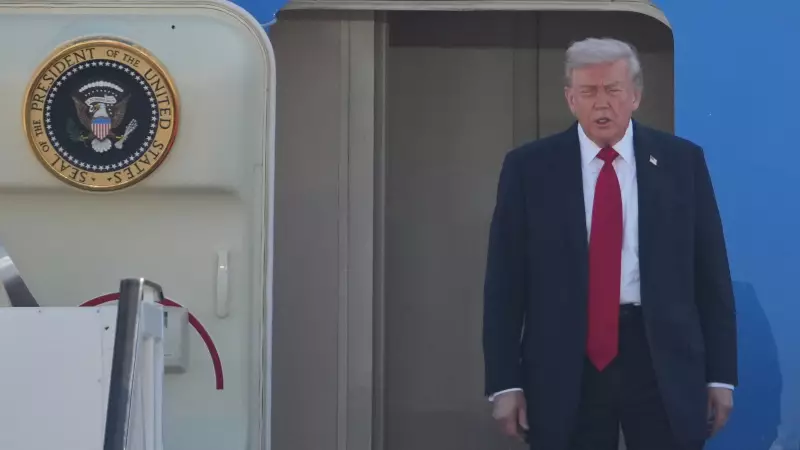
In a stunning display of diplomatic discord, former President Donald Trump launched a verbal assault on Australia's Ambassador Kevin Rudd during what was supposed to be a routine White House meeting. The explosive encounter has sent shockwaves through international diplomatic circles.
The White House Confrontation
According to multiple sources familiar with the incident, Trump didn't mince words when facing Ambassador Rudd. The former president bluntly stated, "I don't like you and probably never will" - a remark that left attendees stunned and created immediate tension in the room.
Background of the Tension
The roots of this diplomatic friction trace back to Kevin Rudd's previous criticisms of Trump before assuming his ambassadorial role. Rudd, who served as Australia's Prime Minister from 2007 to 2010 and again in 2013, had been openly critical of Trump's presidency and policies in various public forums and media appearances.
Trump, known for his long memory regarding critics, apparently hadn't forgotten Rudd's past remarks. The confrontation represents the latest chapter in Trump's history of contentious relationships with foreign diplomats and leaders.
Implications for US-Australia Relations
This incident raises serious concerns about the future of US-Australia relations, particularly if Trump returns to power. The two nations have traditionally enjoyed a strong alliance, but this public display of personal animosity could strain diplomatic channels.
Key areas that might be affected include:
- Military cooperation and intelligence sharing
- Trade agreements and economic partnerships
- Joint efforts in the Indo-Pacific region
- Climate change and security initiatives
International Reaction
Diplomatic experts express concern that such public displays of personal dislike between leaders and ambassadors could undermine traditional diplomatic protocols. The incident has prompted discussions about how personal relationships between leaders impact international relations in an increasingly polarized political landscape.
As the 2024 presidential election approaches, foreign governments are closely watching how potential Trump administration relationships might affect their bilateral ties with the United States.





